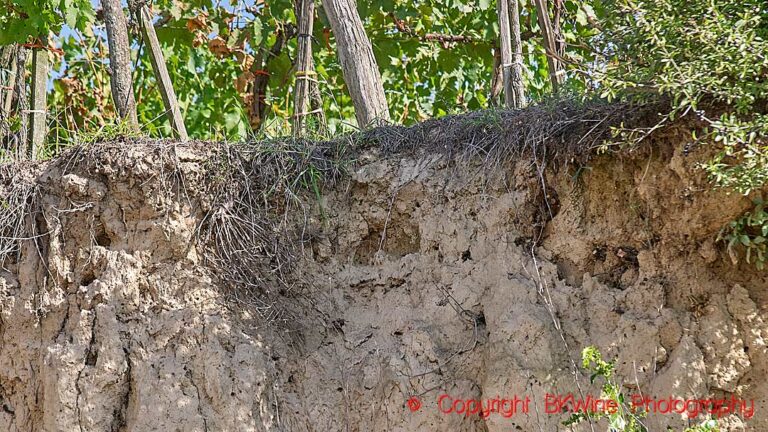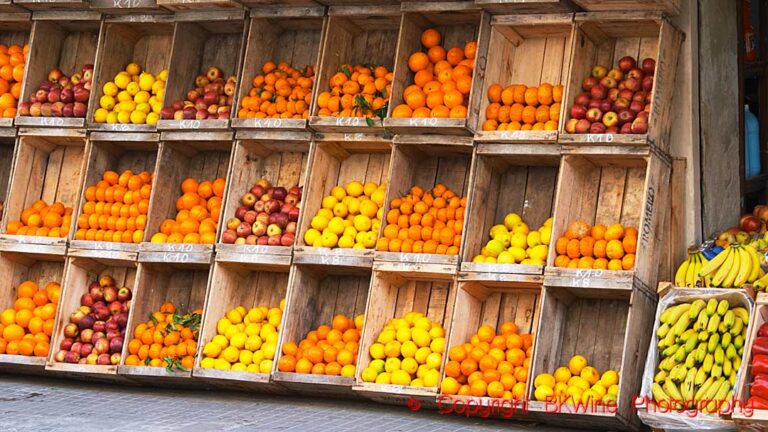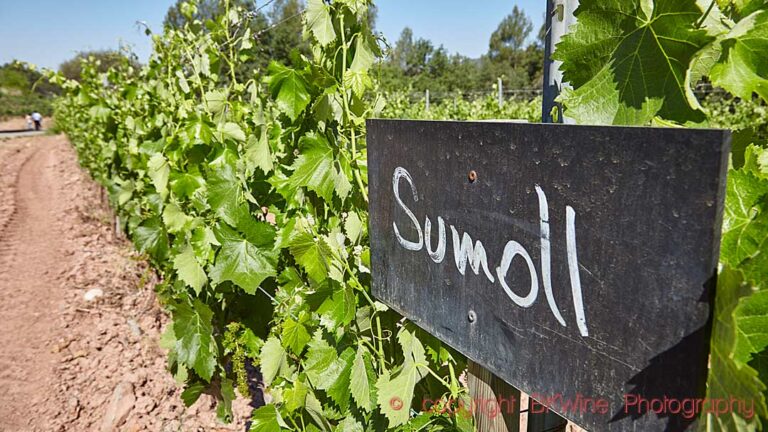

 Chardonnay, the swan that became an ugly duckling?
Chardonnay, the swan that became an ugly duckling?
…and…
Issue 200
…and…
Where are we now?
This will be a long Brief, so save it and read when you have the time. Let’s start with the swan.
It is alarming how sometimes an arbitrary strange thing spreads from one wine writer to the next, from one advertiser copy writer to another. I am right now thinking about how Chardonnay is described. For some time now, a claim is going around that Chardonnay doesn’t taste much. We read a very funny advertising text from one of the big Swedish morning papers today. (Well, it looks as if it comes from the paper, but in reality it is paid advertising although one can’t tell.)
The headline: “A Chardonnay from France, typical for the grape”
Then in the text: “The Chardonnay grape tastes basically nothing. Well, some little, little hints of citrus, and it is medium-bodied.”
How can it be a selling point to call a wine typical for the grape if in the next sentence you write that the grape doesn’t taste anything? How can then the wine even be typical? Or are they saying that the wine is tasteless?
This was not the first time. Someone must have started this slander campaign against Chardonnay. Yes, it does say on Wikipedia that Chardonnay is a neutral grape and if you google “chardonnay neutral” you get many results.
One of the absolute top grapes in the wine world, responsible for fantastic wines all over the globe. How is it even possible to describe it as “neutral”?
OK, there is a continuation of the advertising copy, and it’s more or less the same text I encountered everywhere in my Google search: “The rest of the taste and aromas come from where it is grown and from the wine production itself.”
So this would only apply to Chardonnay?
Without winemaking, without fermentation, there would be no wine. You cannot disregard what happens during the fermentation when talking about a wine’s character.
The advertising copy, and all the other Chardonnay detractors, perhaps mean that it is the grape itself that tastes of only a tiny bit of citrus when you put it in your mouth in the vineyard? It is a possibility. But hardly likely. But would one describe a grape as medium-bodied? Hardly. So obviously they mean a wine made from Chardonnay. Which does not exist before “the wine production itself”. The logic is hard to understand.
But OK, let’s say they mean that the grape itself doesn’t taste anything. The same goes for most grapes. They taste mostly sweet. In any case, a grape is not a wine and their respective tastes are not really comparable. The transformation of the grape into wine affects all grapes. The soil and geography affect all grapes as well. Even the so-called aromatic grapes.
Chardonnay is not an aromatic grape. But that doesn’t mean it’s neutral.
Don’t believe in this kind of slander. We should put an end to this smearing of Chardonnay here and now.
Britt & Per
PS: Recommend to your friends to read the Brief!
What’s on at BKWine Tours
- Champagne, September 16 – 20, 2020
- Bordeaux, September 30 – October 4, 2020
- South America, Chile and Argentina, January 18 – 31, 2021
- New Zealand, February 18 – March 5, 2021
- South Africa, March 17 – 26, 2021
For more information please contact us on email or on phone (we’re on French time), or go to our wine travel site on www.bkwinetours.com!
We also make custom designed wine tours – on-demand tours for you and a group of friends, for your company (maybe to scout new winegrowers?), for a special event… We can combine winery visits and wine touring with other activities: gastronomic workshops, visit to an oyster farm, truffles hunting, cheese making, and more. More info on the custom designed and bespoke BKWine wine tours and travel here!
Read our book(s)
We have written several wine books, nine at the last count. One of them has been translated to English; the others are (so far) only available in Swedish. This is the one that is available in English: Biodynamic, Organic and Natural Winemaking, Sustainable Viticulture and Viniculture
All our books are on wine, but on different subjects: wines of the Languedoc, wine growing and wine making, the wines of France, Tuscany, Bordeaux, Piedmont, Burgundy, Champagne. Several have won prestigeous prizes and awards. Read more on our wine books.
[box type=”alert” size=”large” style=”rounded” border=”full”]This is just the introduction to the latest issue of the Brief. Subscribe to the BKWine Brief and you will get the whole edition in your mailbox next month.[/box]








